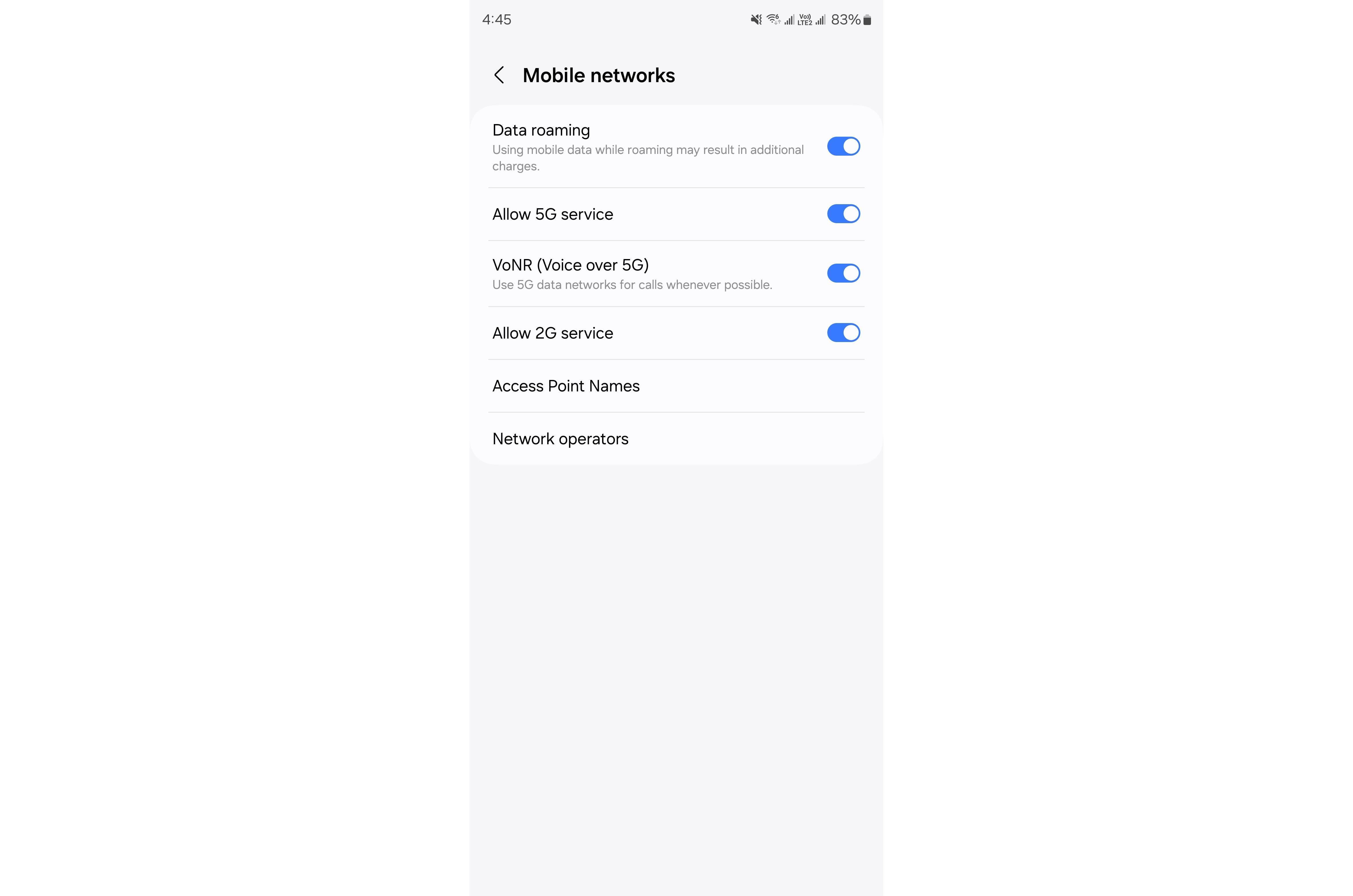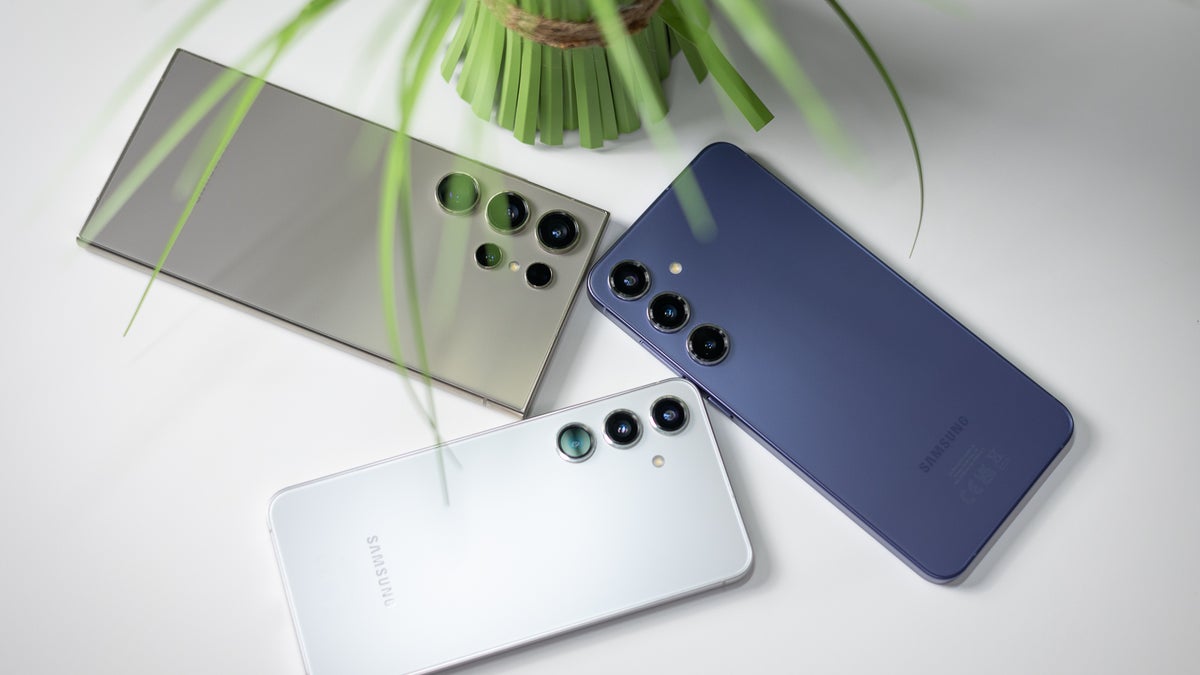
October updates brings the VoNR feature to the Galaxy S24 series. | Image Credit – rayw_reddit
VoNR lowers latency and improves the calling experience, and you might notice changes such as less delay between the time you dial a number and when the phone starts ringing. Don’t expect any drastic changes, as the voice quality will become only marginally better.
Also, the benefits go beyond improvements in voice quality. For instance, with VoNR, you will remain on 5G when a voice call comes in, so it won’t interrupt any ongoing downloads and uploads.
The Galaxy S24 is not the first phone to get the feature. It was already available for Galaxy S21 and Galaxy S22 owners as well as users of some other top handsets such as the OnePlus 8 Pro. Eventually, all major carriers will get all call traffic on 5G standalone (SA). But if the current pace of deployment is anything to go by, it could be a long time before that happens.
Since VoNR can only be offered on a pure, standalone 5G network, T-Mobile has a clear edge over its main competitors and often boasts about being far ahead in the area. Just today, it announced a RedCap device, which again was made possible by its standalone network.
Apart from T-Mobile, Dish Network is the only company to offer VoNR, but that’s mainly because, unlike other carriers, it doesn’t have a 4G network to fall back on for voice calling. Verizon and AT&T have indicated in the past that they are in no rush to bring 5G calling to their customers.
